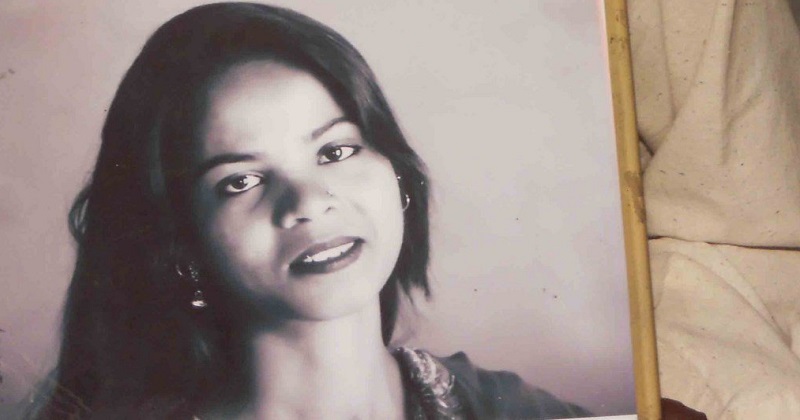
Pakistan’s Supreme Court on Wednesday overturned the conviction of Asia Bibi, a Christian mother facing execution for blasphemy, in a landmark case which has incited deadly violence and reached as far as the Vatican.
“The appeal is allowed. She has been acquitted. The judgment of the high court, as well as trial court, is reversed. Her conviction is set aside,” said Pakistan’s Chief Justice Saqib Nisar in the ruling.
Blasphemy is an incendiary charge in deeply conservative Muslim Pakistan, where even unproven allegations of insulting Islam and its Prophet Mohammed can provoke a violent and bloody death at the hands of vigilantes.
Bibi was set to be released immediately according to the court, although there was no word if any security arrangements were being made for her protection.
Her legal team celebrated the court’s decision amid beefed-up security in Islamabad after religious hardliners had vowed to protest any acquittal of the case.
“The verdict has shown that the poor, the minorities and the lowest segments of society can get justice in this country despite its shortcomings,” Bibi’s lawyer Saif-ul-Mulook told AFP.
“This is the biggest and happiest day of my life.” Her case drew the attention of international rights groups and swiftly became the most high-profile in the country.
Pope Benedict XVI called for her release in 2010, while in 2015 her daughter met his successor and the current head of the Catholic Church, Pope Francis.
Freedom for Bibi in Pakistan, where university students have been lynched and Christians burnt in ovens over blasphemy claims, means a life under threat by hardliners, who regularly hold demonstrations calling for her execution.
The allegations against Bibi date back to 2009 when she was working in a field and was asked to fetch water. Muslim women, she was labouring with allegedly objected, saying that as a non-Muslim she was unfit to touch the water bowl.
The women went to a local cleric and accused Bibi of blasphemy against the Prophet Mohammed, a charge punishable by death under the colonial-era legislation.

Post Your Comments